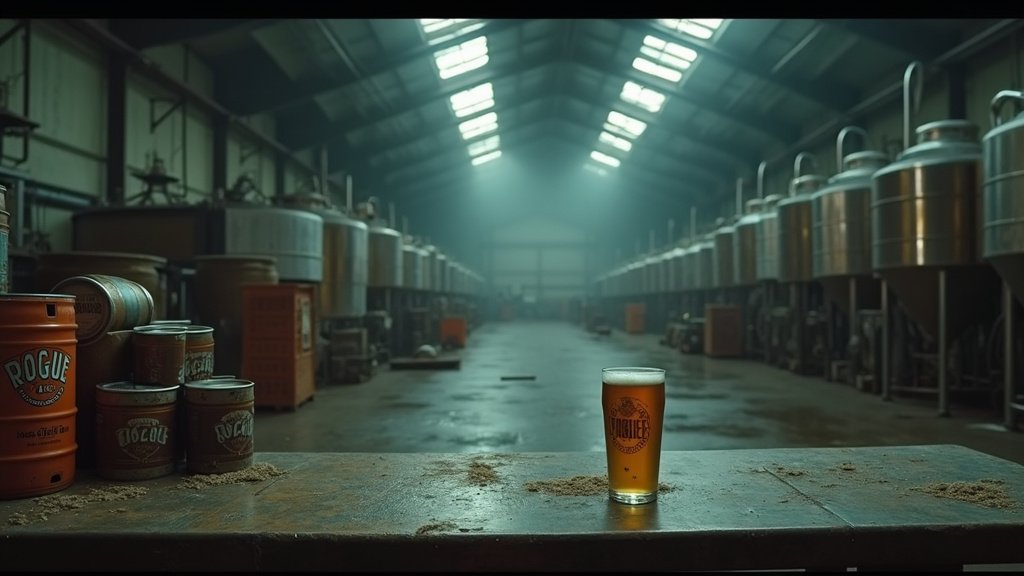A sweeping new federal law, tucked into a recent government spending bill, is set to drastically curtail the booming **THC Beverage Industry** and other hemp-derived ingestible products. The legislation, signed into law on November 12, 2025, imposes a stringent 0.4 milligram (mg) limit of total THC per container, a threshold that industry experts warn will effectively ban nearly all currently available products and could eliminate up to 99% of the burgeoning hemp industry. This critical news comes as a shock to a sector that has seen explosive growth, fueled by consumer demand for alternatives to alcohol within the vast US beverage market.
The ‘Hemp Loophole’ Slammed Shut in the THC Beverage Industry
The new provision fundamentally alters the federal definition of hemp, closing a loophole that emerged following the 2018 Farm Bill. This earlier legislation legalized hemp by defining it as cannabis containing no more than 0.3% delta-9 THC by dry weight. This definition allowed manufacturers to legally convert hemp into high-potency THC products, including the popular beverages and edibles that have flooded the market. The recent bill, however, not only revises the plant’s total THC limit to 0.3% but also introduces the strict 0.4 mg total THC per container cap for final products. This impacts the broader THC Beverage Industry significantly. Furthermore, it prohibits cannabinoids synthesized or manufactured outside the plant, targeting products like delta-8 THC and others that have proliferated under the previous regulatory ambiguity, a move that complicates hemp derived THC production.
Devastating Impact on THC Beverages and the THC Beverage Industry
The THC beverage market, estimated to be worth between $9.9 billion and $14.9 billion, with 2024 sales already exceeding $1.3 billion, is particularly vulnerable. Many popular THC-infused drinks contain between 5 to 10 mg of THC per serving, a dosage far exceeding the new federal limit. Industry insiders and advocates are sounding the alarm, with Oregon Senator Jeff Merkley predicting that 95-99% of the **THC Beverage Industry** could be wiped out. Paul Murdoch, co-founder of Horn Creek Hemp in southern Oregon, stated that compliance with the new law would be impossible for his business, as naturally occurring THC in the plant is present, albeit in small amounts. This news spells significant concern for Oregon, a leading floral hemp producer by acreage, and highlights the complex landscape of THC beverage law.
Navigating the THC Beverage Industry Through a Year-Long Transition Window
The new regulations are slated to take effect one year from enactment, around November 13, 2026. This provides a crucial 365-day window for the **THC Beverage Industry**, regulators, and lawmakers to navigate the impending changes. Federal agencies, including the FDA, have 90 days to clarify specific definitions, such as what constitutes a “container” and to list other cannabinoids deemed to have similar effects to THC. During this transition, Oregon’s hemp program will continue under existing state laws, though a discrepancy exists between current Oregon definitions of total THC calculation and the federal approach. The Oregon Department of Agriculture (ODA) is closely monitoring the situation and accepting public comments on potential rule updates, essential for the future of federal hemp regulation.
Industry and Regulatory Response to the THC Beverage Industry Shift
While the provision was partly driven by concerns over illicit products appealing to children, voiced by 38 state attorneys general, the broad scope of the law has alarmed industry stakeholders, particularly within the THC Beverage Industry. Hemp advocates are reportedly shifting their focus to advocating for regulation rather than outright prohibition during the grace period. Some states, like Oregon, already have their own regulations regarding THC limits and artificially derived cannabinoids, but the new federal mandate could preempt these state-level frameworks, raising questions about potential THC ingestibles ban effects.
The future of hemp-derived THC products, from beverages to gummies and oils, hangs in the balance for the THC Beverage Industry. As the industry braces for this significant regulatory shift, businesses face difficult decisions regarding reformulation, compliance, or potential exits from the market. The coming year will be critical in determining the fate of this rapidly expanding sector of the cannabis industry news landscape and the overall THC Beverage Industry.




